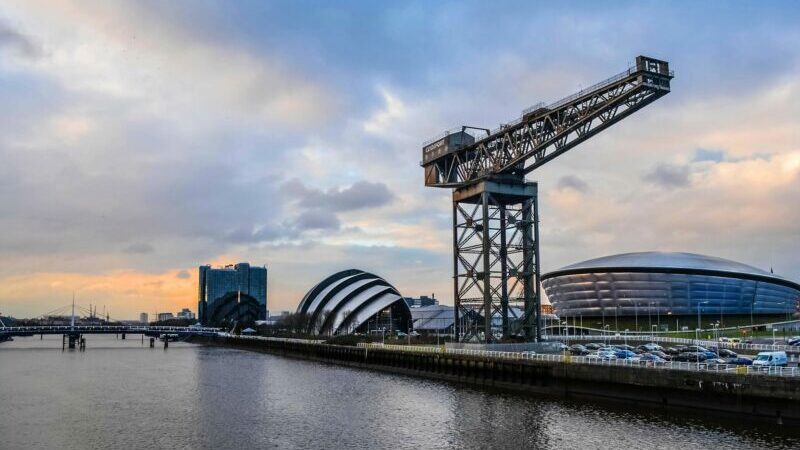The presidency of the next UN climate summit is proposing to delay it by a full year, while the coronavirus pandemic is brought under control.
Subject to sign-off by the UN Climate Change bureau at a virtual meeting on Thursday, Cop26 will be held 1-12 November 2021 in Glasgow, UK.
The negotiations, to which governments are expected to bring updated national climate pledges, were originally scheduled for 9-20 November 2020.
As the extent of the Covid-19 crisis became clear, UN Climate Change announced on 1 April the summit would be postponed. After consulting public health experts and key participants, the British hosts have recommended holding the talks later rather than sooner.
“The primary considerations were to safeguard the health and safety of Cop26 participants, to ensure inclusiveness and to maximise the potential to build climate ambition,” according to a leaked letter signed by Cop26 envoy John Murton and lead negotiator Archie Young.
“The incoming presidency has concluded that, given the uneven spread of Covid-19, this date would present the lowest risk of further postponement, and the best chance of delivering an inclusive and ambitious Cop.”
As of 26 May, there have been 343,562 confirmed deaths from Covid-19 globally and more than 5 million cases.
Large gatherings bring a high risk of contagion. Up to 30,000 people were expected to take part in Cop26, a mix of negotiators, politicians, business leaders, scientists, campaigners and journalists. It is not yet clear whether it will be safe to hold the delayed summit on the same scale.
Cop26 is a key moment for seeking to close the gap between the goals of the Paris Agreement on climate change and collective action to slash emissions.
Governments are due to publish updated pledges to the deal in 2020, but Covid-19 has disrupted work to strengthen climate plans, particularly in poorer countries. While the deadline has not technically changed, in practice the delayed summit gives countries an extension.
It opens up the possibility that the US could re-enter the Paris Agreement and arrive at the summit with a more ambitious contribution, if Democrats win the November election.
Deferring the meeting should not mean deferring climate action, the letter stressed. “The science is clear that we must urgently scale up action to respond to the threat of climate change, particularly for the most vulnerable countries and communities at the frontline of climate impacts. The delay to Cop puts an even greater premium on events to maintain momentum.”
Key multilateral events in the run-up to Cop26, dates to be determined, include the G7 in Italy, G20 in the UK, UN biodiversity summit in China, and a pre-Cop meeting and youth summit in Italy.
Coronavirus slows developing nations’ plans to step up climate action in 2020
Carbon dioxide emissions have fallen temporarily amid travel restrictions to halt the spread of coronavirus, but experts warn they will rebound unless there are structural changes to the economy.
Climate advocates are calling for a “green recovery” from the Covid-19 crisis, with measures to reboot economies focused on low carbon infrastructure and retraining for workers from polluting sectors.
The Cop26 delay has a knock-on effect for future summits. An African nation was due to host the 2021 conference, under the UN system of regional rotation.
The African Group of Negotiators has previously argued Cop27 should still happen in 2021, to focus on African priorities like finance and adapting to the impacts of climate breakdown. That is all but impossible if Cop26 is pushed to November 2021.
Instead, it is likely that the regional rotation will be permanently set back by a year.
